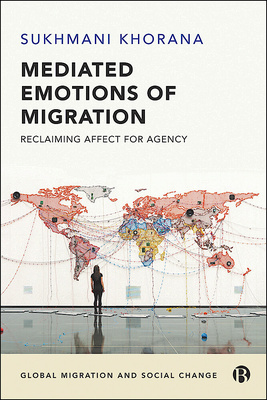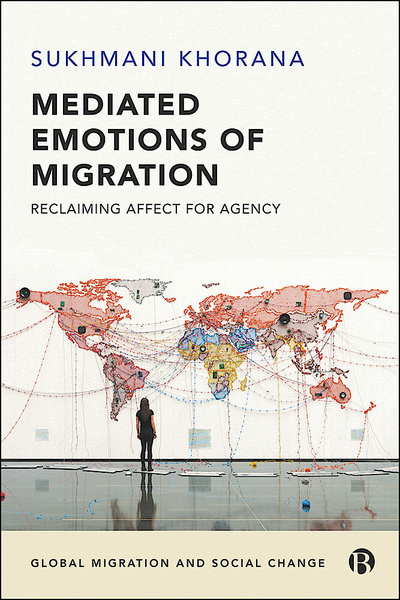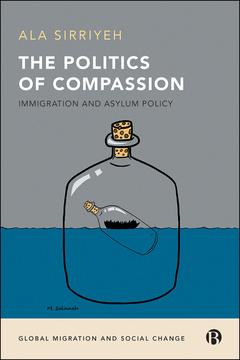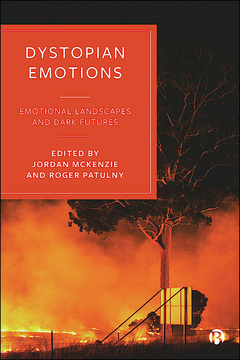ISBN
978-1529218237Dimensions
234 x 156 mmImprint
Bristol University PressISBN
978-1529218244Imprint
Bristol University PressISBN
978-1529218244Imprint
Bristol University PressIn the media:
Moving beyond the media’s ‘deficit lens’ in The Conversation
On the blog:
Why do Braverman’s comments on migration matter?
This book unpacks how emotions and affect are key conceptual lenses for understanding contemporary processes and discourses around migration.
Drawing on empirical research, grassroots projects with migrants and refugees, and mediated stories of migration and asylum-seeking from the Global North, the book sheds light on the affects of empathy, aspiration and belonging to reveal how they can be harnessed as public emotions of positive collective change.
In the face of increasing precariousness and the wake of intersecting global crises, Khorana calls for uncovering the potential of these affects in order to build new forms of care and solidarities across differences.
"This book offers an insightful account of the complex ways in which emotions and affect shape understanding and experience of migration in current turbulent times. Khorana’s sophisticated exploration of empathy, aspiration and belonging demonstrates how these ‘emotions of ambivalence’ can be reclaimed to drive social change. By bringing together empirical and conceptual work on emotions, care and solidarity, the book is a remarkable and much-needed contribution to studies of migration and media." Kaarina Nikunen, Tampere University
Sukhmani Khorana is Associate Professor in Media at the University of New South Wales.
Introduction: Feelings and Migrants Come and Go, and Some Stay/Stick
Part 1: Empathy
1. Witnessing as an Expression of Critical Empathy: An Examination of Audience Responses to a Refugee-Themed Documentary
2. Jacinda Ardern and the Politics of Leadership Empathy: Towards Emotional Communities of Transformation
Part 2: Aspiration
3. Asian Americans and Asian Australians on Screen: Aspiring to Centre the Community through Comedy
4. Aspiration for Collective Progress: Diversity and Digital Intimacy as Practised by Alexandra Ocasio-Cortez (US), Sadiq Khan (UK), and Jagmeet Singh (Canada)
Part 3: Belonging
5. Refugee Storytellers Claim Belonging: Agency, Community and Change Through the Arts
6. Belonging as Affect: Towards Paradigms for Reciprocal Care in Community-Based Research
Conclusion: Care and Resilience in The Face of Increasing Precarity: COVID-19 and Beyond











